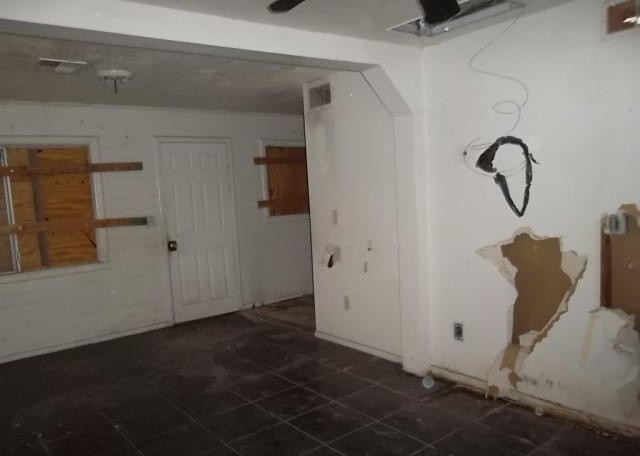Home Expenses Renters Don t Pay
Post on: 23 Апрель, 2015 No Comment

My husband and I moved from Columbus, Ohio to Lafayette, Indiana in June of last year so that he could take a new job. We bought a house and moved in quickly, barely getting the place set up before our son was born on August 31.
If we had to do it all over again, we would have moved into a rental for a year prior to taking the plunge into home ownership in our new town. While the stress of having to move twice (we had to stay in a rental for six weeks prior to taking possession of our house, anyway) is a part of the reason why we might have been better off as renters, the main problem was financial. It took our Columbus home nearly a year to sell, and by buying a home right away, we ended up paying for things that would not have been our responsibility as renters. Paying a double mortgage plus these home expenses was particularly tough even though we managed.
While there are certainly great reasons for buying a home. don’t let anyone tell you that renting is simply throwing your money away. You are spending money on your lodgings, and avoiding larger bills that you might not be able to handle. The next time your Uncle Joe starts telling you how renting is a waste of money, remind him of these expenses that homeowners pay that renters don’t:
1. Closing costs and real estate fees. You will never get the full market value of your home when you sell. In addition to having to pay for the privilege of a mortgage through closing costs and legal fees, both realtors also expect a commission. While that commission can vary, you can generally count on paying 6% total — meaning a $200,000 home sale would generate a $12,000 commission total for the realtors. Right there, you’ve saved yourself a great deal of money by renting.
2. Mortgage interest. The amount you will pay depends entirely on your interest rate and the length of your amortization. If you’re lucky enough to get a low rate, have at least a 20% down payment saved, and you only plan on having a 15-year mortgage, as we did, this cost is relatively negligible when you compare it to the benefits of owning a home. But if you’re unable to qualify for a good interest rate, don’t have much saved, and plan on paying for 30 years because you cant refinance into a shorter loan period, that interest could really bite you. If you are hoping to buy a home eventually, it does make sense to wait until you are able to qualify for the best possible rates and have a sizable down payment in the bank. Until then, >your money is better spent on renting .
3. Property taxes. No matter how long you live in your home, or how quickly you pay off your mortgage, you will always have to pay property taxes assessed on the value of your home. As your home’s value changes, your property tax will also change. Property taxes are an important way to pay for such local needs as schools and local government. But these taxes can be very high depending on where you live. Let your landlord pay the property taxes while you are saving your dollars.
4. Maintenance. One of the things I miss most about rental living is care-free maintenance. Back in my rental days, I could give a quick ring to the building manager if there was a problem, and have someone deal with any issue within less than 24 hours. Now, when the water heater implodes, or the drains stop draining, or the refrigerator decides it would prefer to keep food at room temperature, my husband and I are the ones on the hook for fixing or replacing things. If you don’t have money set aside for dealing with repair and maintenance issues, these kinds of surprises can take a big bite out of your monthly budget.
5. Homeowner’s insurance. Everyone should carry insurance on their property. But renters get a financial break here, as well. Since renter’s insurance only covers the property you own within your rental unit — and you are not responsible for insuring the structure of the building in which you live, like a homeowner would be — you pay a great deal less in insurance premiums than do your home owning neighbors.
At the end of the day, I really do believe in owning my own home. But I believe that trying to own a home before you are financially ready is just as disastrous a decision as renting forever would be. Before you jump into home ownership, know what additional costs you might be facing. From there, you can decide if you want to rent for a few more years as you save up, or if you’re ready for a house right now.














